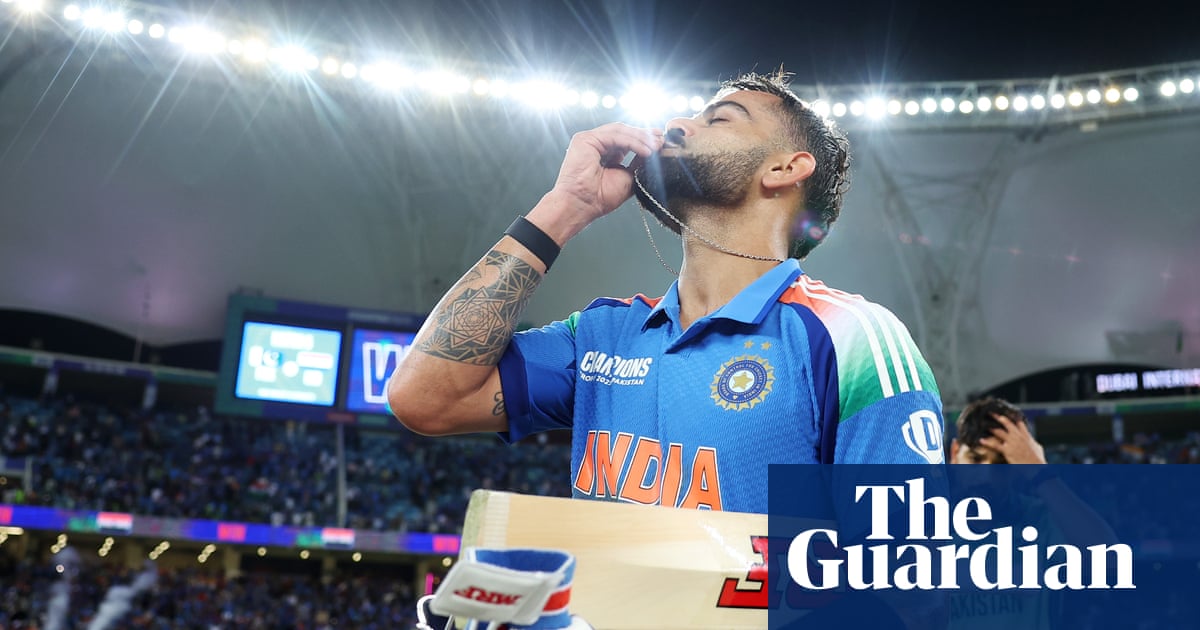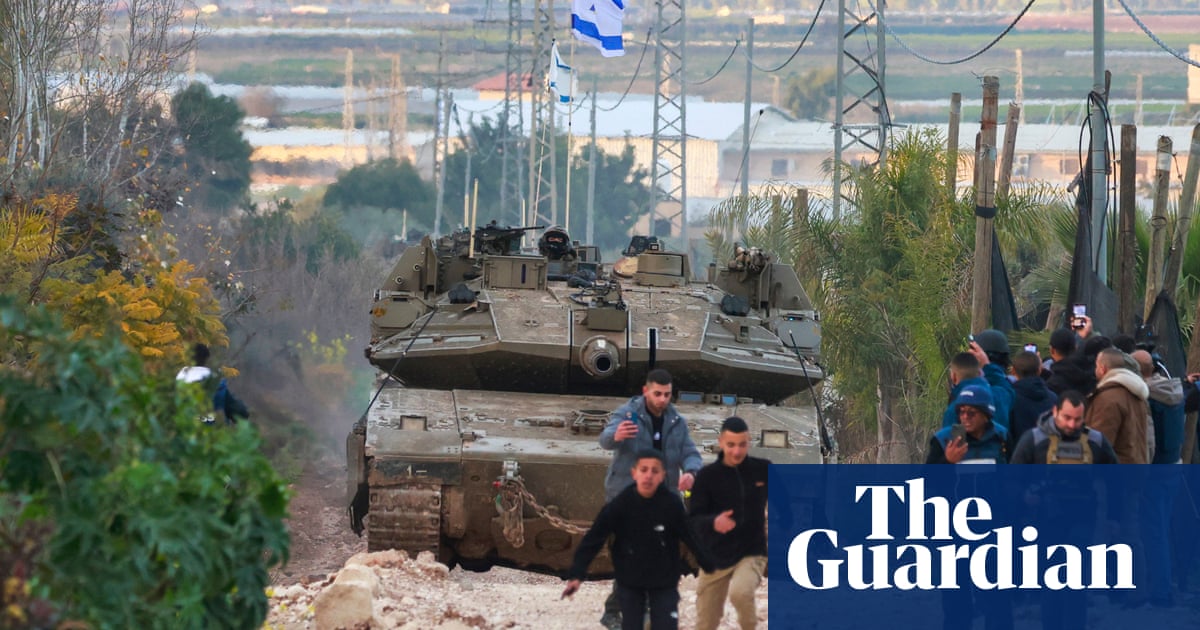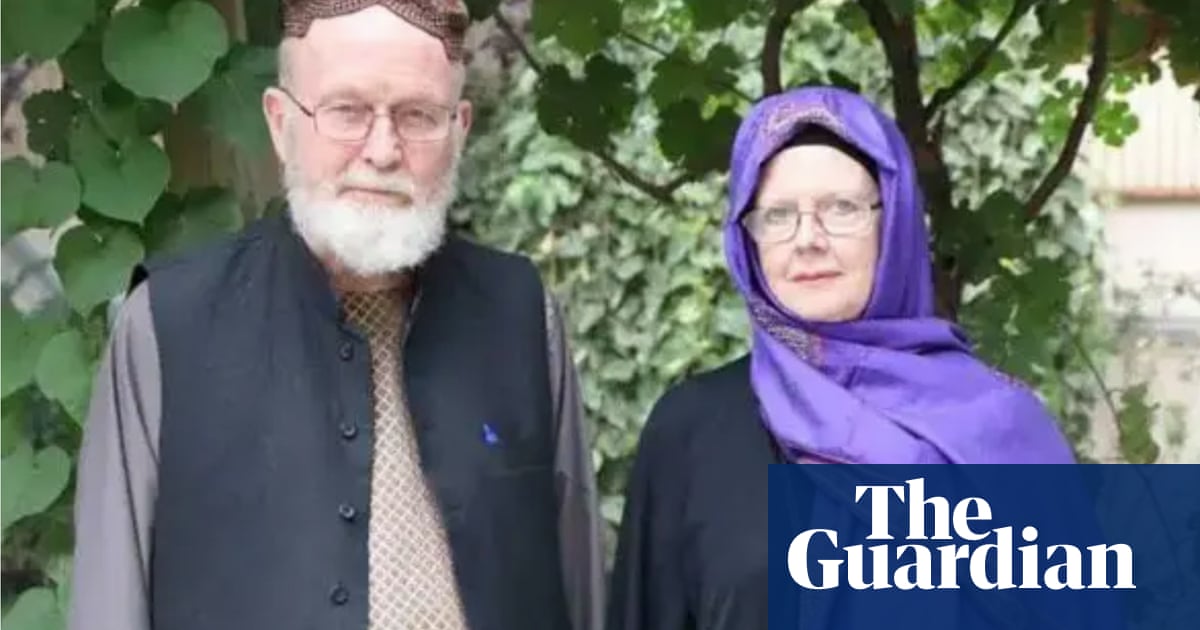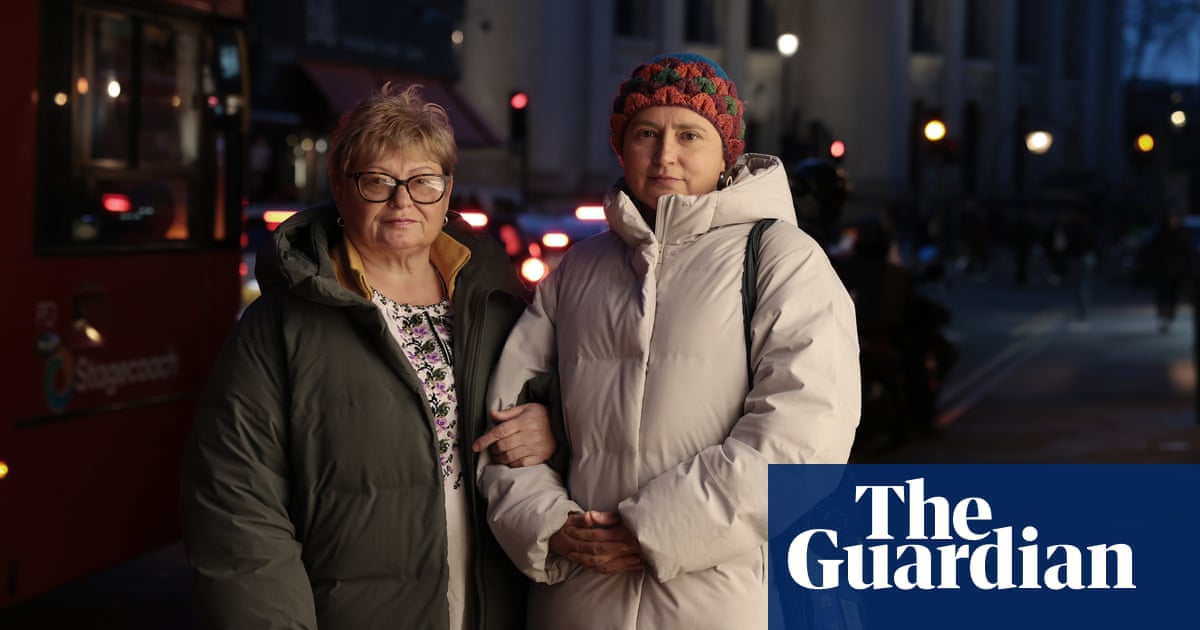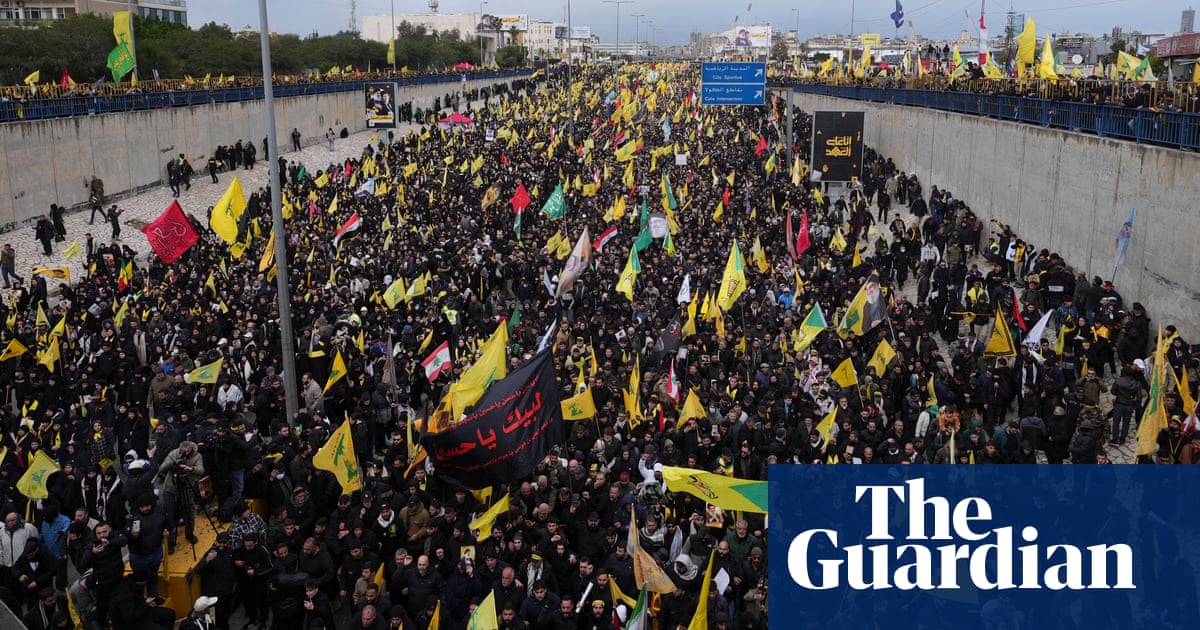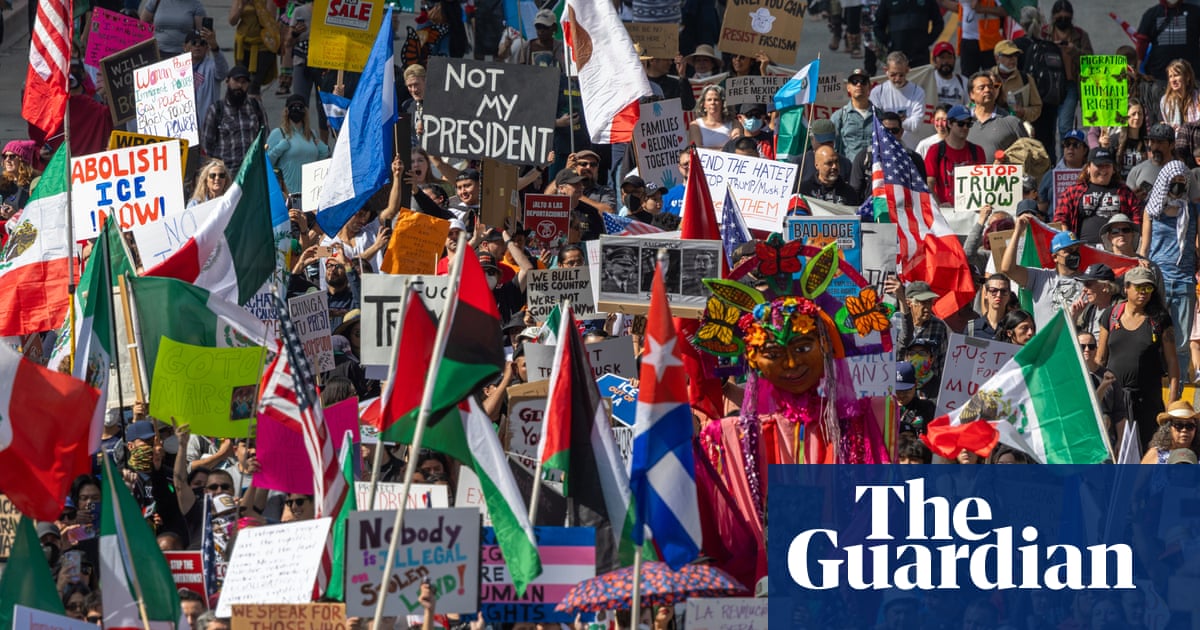-
Ukraine’s defence ministry is investigating defective mortar shells after at least 100,000 Ukrainian-made 120mm rounds had to be removed from the frontline. Soldiers began saying in early November that the rounds failed to explode, remained stuck in the launcher or fell off target, according to private Ukrainian TV 1+1. The defence ministry confirmed it had stopped using them on the frontline “until the causes of the malfunction are determined” and seized part of the supply. Early findings pointed to poor-quality powder charges or violations of storage requirements, the ministry said. The Ukrainian news site Dzerkalo Tyjnia and the war journalist Yuriy Butusov shared the figure of 100,000 with the latter denouncing “criminal negligence”.
-
The Oreshnik intermediate-range ballistic missile fired by Russia at the Ukrainian city of Dnipro last week carried multiple warheads but no explosives and caused limited damage, two senior Ukrainian government sources said. The Kremlin described it as a warning to the west after the US and Britain allowed Ukraine to fire their missiles inside Russia. Western experts say the Oreshnik, which flew about 700km, seems to be based on the RS-26 intermediate-range ballistic missile, which can go more than 5,000 km. “I would say this is an incredibly expensive way to deliver what is probably not that much destruction,” said Jeffrey Lewis, a US nonproliferation expert.
-
Russia said it was expelling a British diplomat that it accused of espionage and had summoned London’s ambassador to the foreign ministry in Moscow, Pjotr Sauer writes. A No 10 spokesperson said: “To be clear, we refute these allegations. They’re baseless. We’re now considering our response. This is not the first time that Putin’s government has made malicious, baseless accusations against our staff.”
-
On Tuesday the Kremlin also banned cabinet ministers including Angela Rayner, Yvette Cooper and Rachel Reeves from entering Russia under new sanctions, Pippa Crerar and Pjotr Sauer write. It comes after the UK imposed fresh sanctions on 30 oil tankers from Russia’s “shadow fleet” as Ukraine’s allies try to squeeze Vladimir Putin’s funding of the war.
-
Russian shelling killed two civilians in the city of Sumy in north-eastern Ukraine on Tuesday, said Volodymyr Zelenskyy, the Ukrainian president. Earlier, Russian forces staged their largest ever drone attack on Ukraine over Monday night into Tuesday – cutting power to much of the western city of Ternopil and damaging residential buildings in Kyiv region, Ukraine’s officials said.
-
Shaun Walker, Helena Smith and Dan Sabbagh report that speaking in Athens, the Nato secretary general, Mark Rutte, has said he wants the alliance “to go further to change the trajectory of the conflict” in the Ukrainians’ favour. Nato needed to more than just “keep Ukraine in the fight”, he suggested. Rutte highlighted the importance of strengthening the bloc’s “deterrence and defence” and the critical need to boost investment and production in the arms industry.
-
The US is continuing to surge security assistance to bolster Ukraine’s defences in the east, Antony Blinken, Joe Biden’s secretary of state, said on Tuesday after meetings with the Group of Seven democracies.
-
The Kremlin said it was preparing retaliatory measures, claiming that Ukraine twice fired US-made Atacms missiles into Russia in the last three days. Moscow said both strikes targeted air defence positions in the Kursk region.
-
Ukrainian prosecutors said on Tuesday that Russian forces had murdered five soldiers immediately after taking them prisoner in the eastern Donetsk region, building on previous war crimes allegations against Moscow. There was no immediate response to the claims from Moscow. The Ukrainian rights ombudsman, Dmytro Lubinets, said he had contacted the UN and International Committee of the Red Cross (ICRC) over the allegations.
-
A journalist who once freelanced for the US government-funded Radio Free Europe/Radio Liberty was sentenced on Tuesday to four years in prison in Russia after being convicted of cooperating with a foreign organisation. Nika Novak, 24, was found guilty after a closed hearing in the Zabaikalsky regional court in the far-eastern city of Chita. The human rights group Memorial has described Novak as a political prisoner and the RFE/RL president and CEO, Stephen Capus, said: “We condemn today’s unjust conviction and sentencing of RFE/RL journalist Nika Novak in Russia. These politically motivated charges are intended to silence individual reporters and cause a chilling effect.”

 2 months ago
47
2 months ago
47





